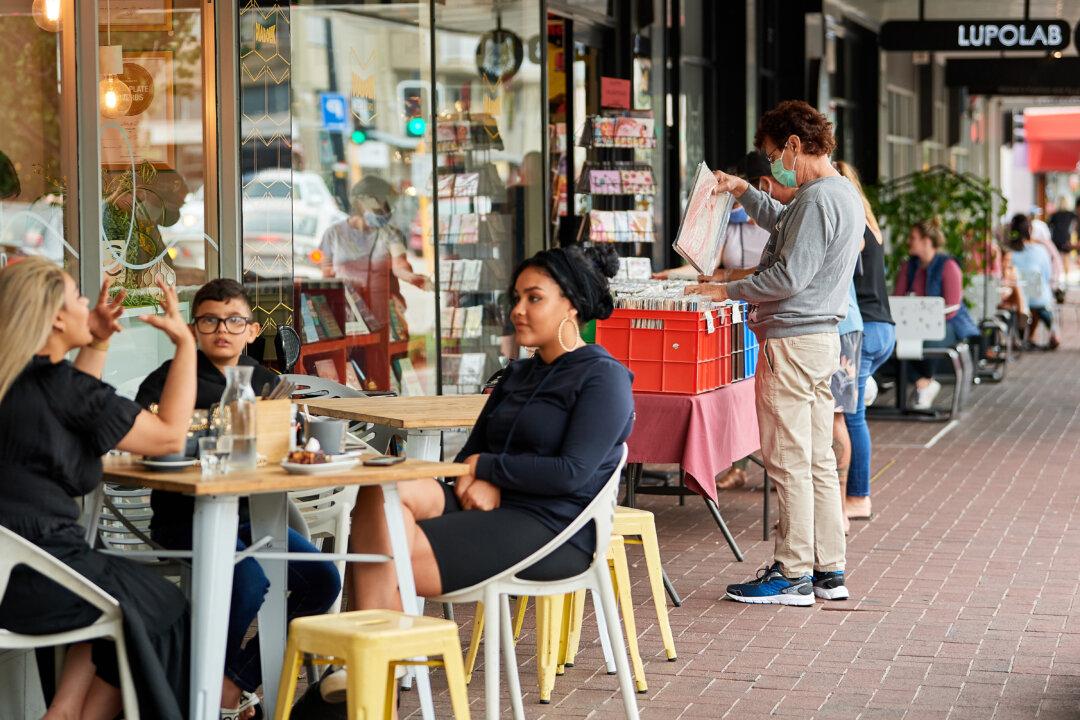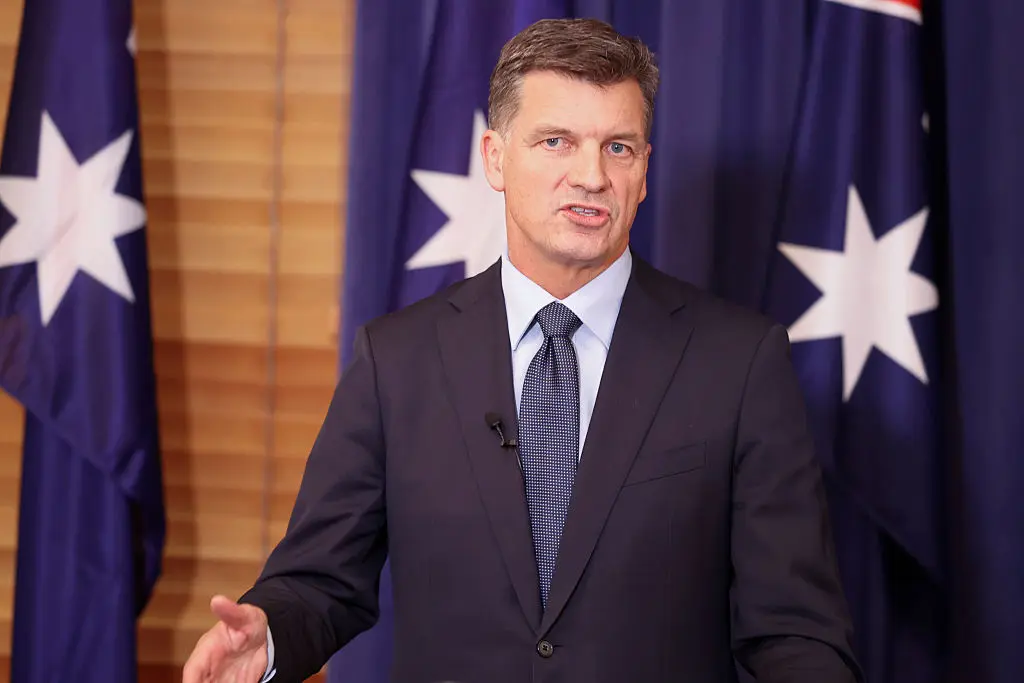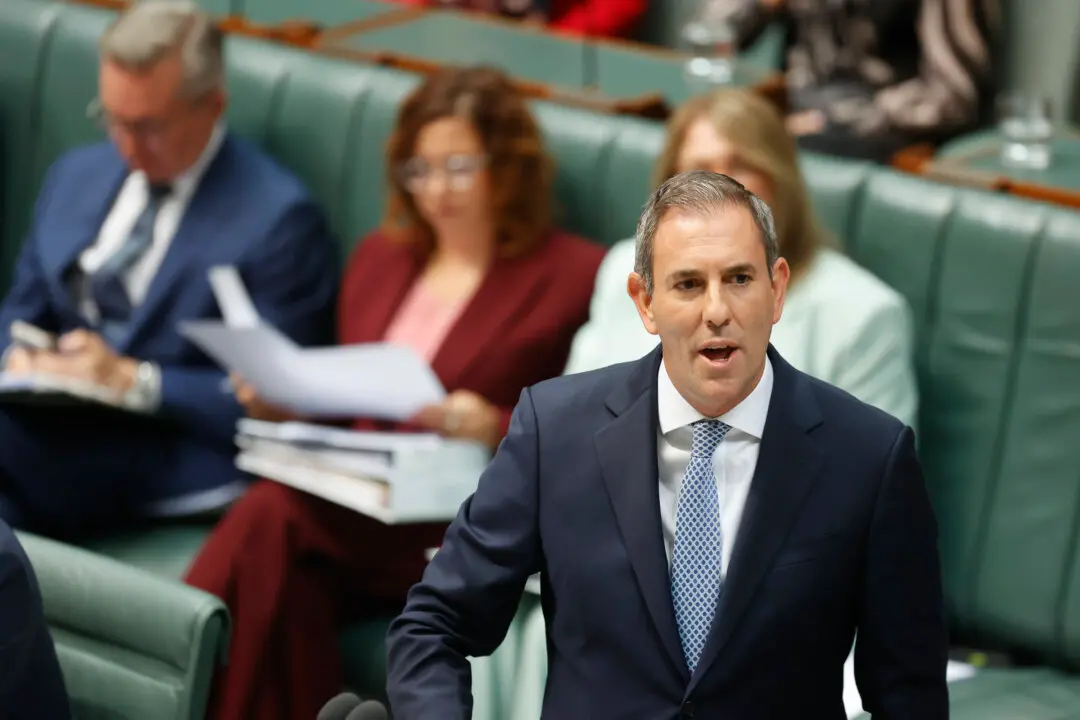The Coalition’s “free lunch” plan for small business has left economists and the head of a think tank hungry for more substantive policy.
Opposition Leader Peter Dutton has launched the policy to assist small business owners with tax breaks when entertaining clients or staff, at the same time, the Coalition says the program will help galvanise the hospitality sector, which has recorded the highest number of insolvencies in recent years.





